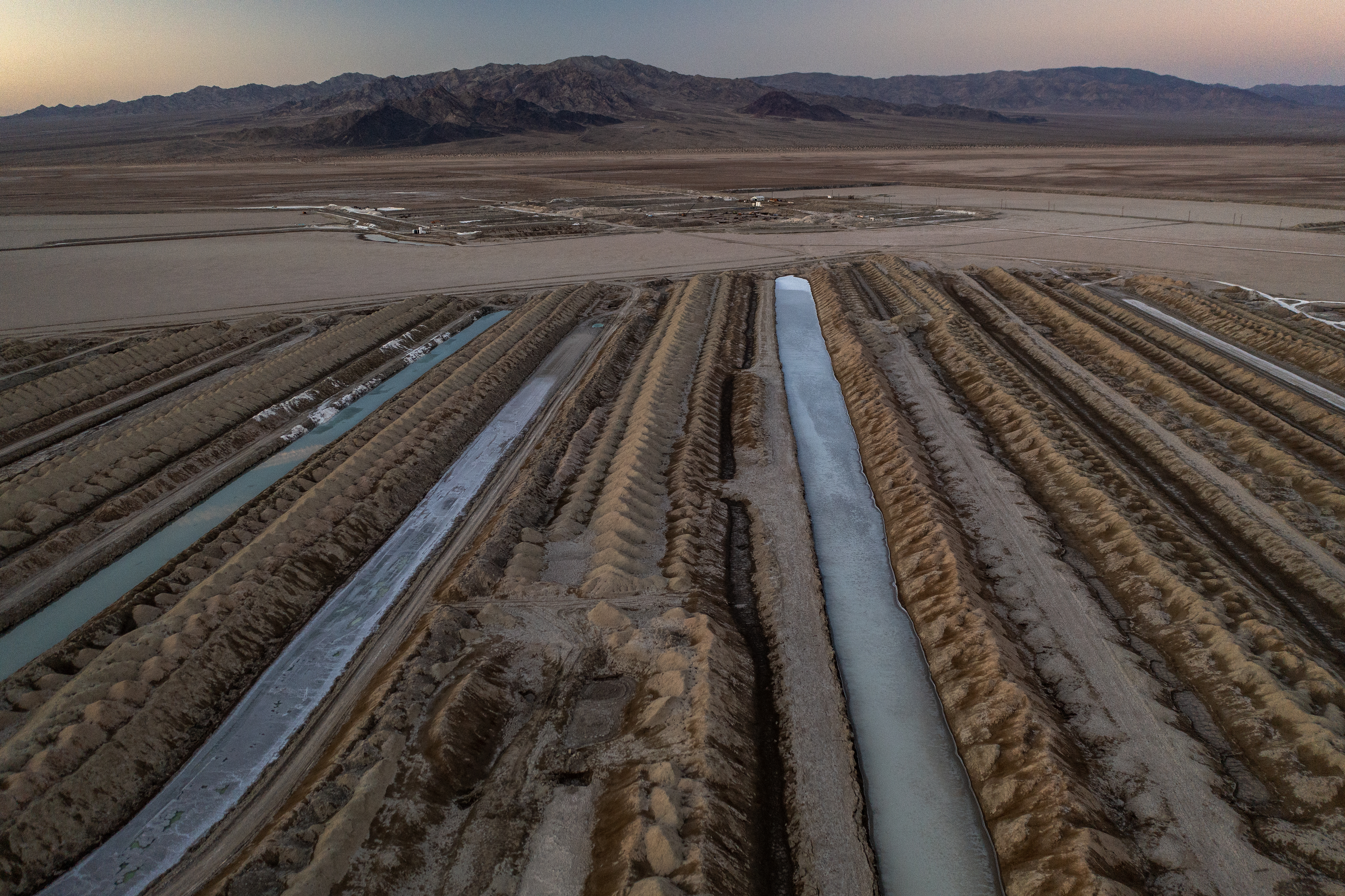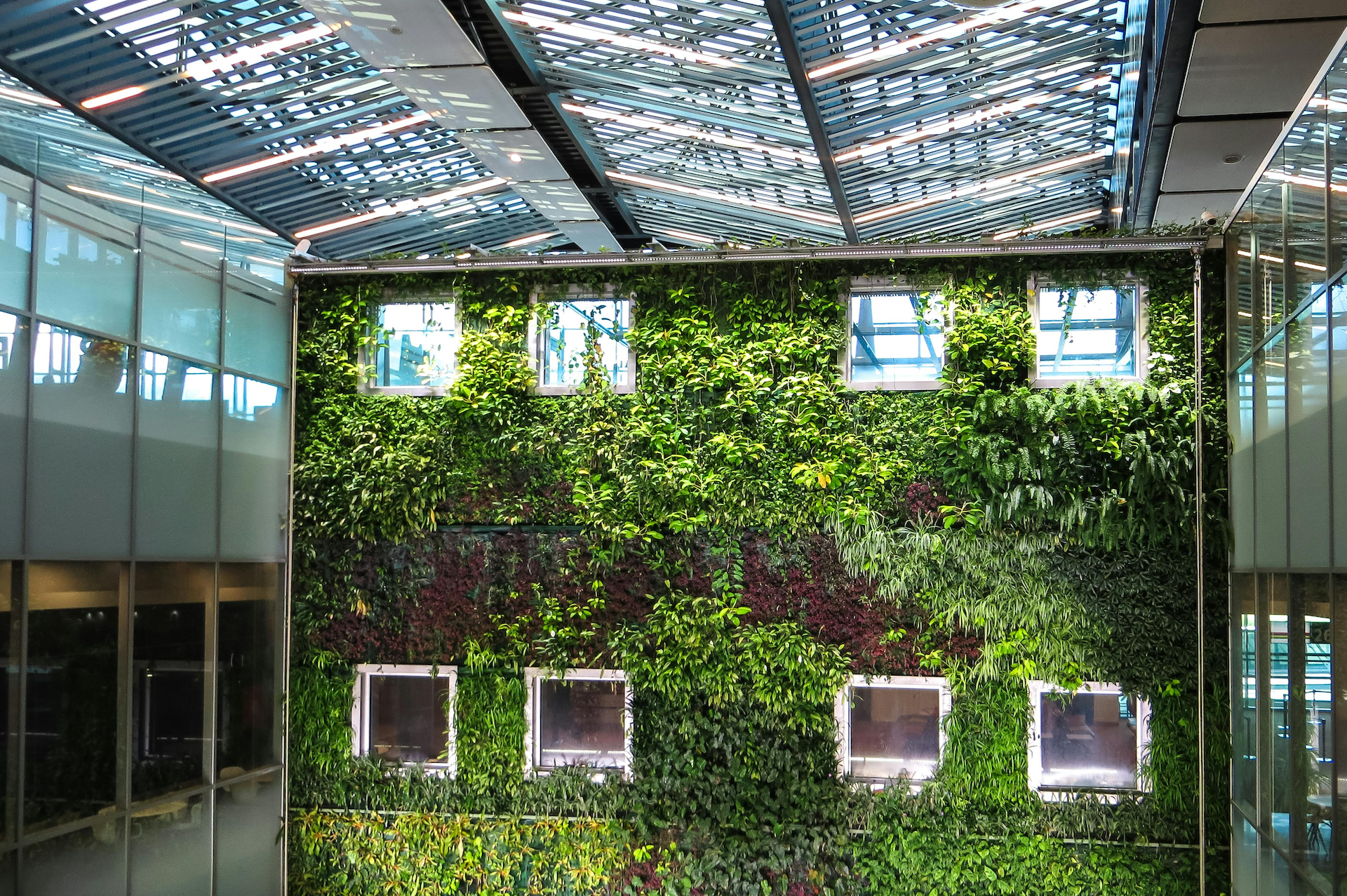
Artikel
22
november
Kinterra Capital’s debut $565M fund to support mining for battery metals
Kinterra Capital, a Canadian private equity firm, has closed its $565 million debut fund dedicated to securing critical mineral assets for battery development. The influx of private capital comes amid increasing government incentives into the sourcing and production of battery materials in North America.
Kinterra’s oversubscribed round will target asset-level investments in North America, Western Europe and Australia over the next eight to 10 years, according to the company. That means investments into lithium mines, operations to uncover cobalt, nickel and graphite, battery manufacturing plants, energy storage solutions, raw materials processing plants and other technology needed to extract, process and recycle critical battery minerals.
Kinterra says its fund has already invested “substantial capital” in a number of assets with “a robust near term pipeline.” Specifically, the firm has invested in Canon Resources, an owner and operator of two nickel development projects in Western Australia; another nickel processing plant in Quebec; and White Pine North, a large copper development project in the U.S.
“The structural underinvestment in critical minerals over the past decade has resulted in severely discounted valuations for excellent assets and created a massive need for capital investment, as countries transition to more sustainable energy sources,” said Cheryl Brandon, co-founder and co-managing partner at Kinterra, in a statement.
“Kinterra addresses that need by bringing the right combination of active management, financial resources, deep sector knowledge and cross-functional technical expertise required to identify and develop assets across the value chain,” Brandon continued.
Asset-level investments give investors more direct control over specific projects or assets, but that also leaves them open to more risk. Kinterrra says its in-house team includes metallurgists, chemical engineers, geologists, permitting and sustainability experts and mining engineers to ensure the firm is making smart investments.
The firm intends to work with leading automotive OEMs, battery manufacturers and other offtake partners in “highly structured transactions that provide long-term solutions to EV supply chain challenges,” according to Kamal Toor, co-founder and co-managing partner at Kinterra.
“Our investments will enable the complete ‘mine to battery’ solutions that OEMs require to meet their electrification objectives,” Toor said in a statement. He noted that Kinterra hopes to help the West’s generational energy transition by: 1) securing key critical mineral supply to meet expanding demand; 2) ensure that supply comes from diversified sources in stable jurisdictions; and 3) is done in a socially responsible fashion.
“Our strategy is supported by strong secular tailwinds, including robust and fundamental downstream demand, global net-zero efforts, and strategic government initiatives that support the repatriation of materials supply chains,” continued Toor.
Government incentives across the U.S., Canada and the European Union have spurred more private investment into an industry that is increasingly becoming more regionalized.
President Joe Biden’s Inflation Reduction Act, signed into law August 16, 2022, requires that the majority of the value of battery components be produced or assembled in North America in 2024 to qualify for half of the legislation’s EV tax credit, or $3,750. To get the remaining half, battery makers will have to source most of the value of critical materials from the U.S. or a free trade agreement country. In addition to spurring up domestic industry, the stipulations in the bill are designed to reduce reliance on China to supply and manufacture lithium-ion batteries.
Canada has also agreed to spend billions to support the transition to electric vehicles and energy. Over the summer, the government provided up to $15 billion CAD to automaker Stellantis and battery maker LGES to build an EV battery plant in Ontario. Canada is also supplying billions to boost critical materials mining in the country.
The EU Green Deal Industrial Plan also sets targets for the region to mine 10% of the critical raw materials it consumes, with recycling adding another 15%. The bloc also intends to increase processing to 40% of its needs by 2030.
In order to meet the goals set out by governments around the world, there will need to be a drastic scale up in mining and exploration projects. According to McKinsey, investments in mining, refining and smelting will need to increase by $3 trillion to $4 trillion by 2030 to “bridge the great raw material disconnect.”
What's your reaction ?
Follow us on Social Media
Some Categories
Recent posts

July 27, 2024
Nieuwe kabinetsvisie: samen sterker tegen cyberdreigingen

July 24, 2024
Navigating AI Implementation: Try these strategies to overcome resistance.

July 24, 2024
Sick Leave Policy Netherlands Guidance for HR and Entrepreneur.

July 24, 2024
CSRD Reporting: Mandatory Reporting on Corporate Sustainability.

July 24, 2024
Training Budget: Investing in Employee Development.

 Inloggen
Inloggen
 Registreren
Registreren






Comments (0)
No reviews found
Add Comment